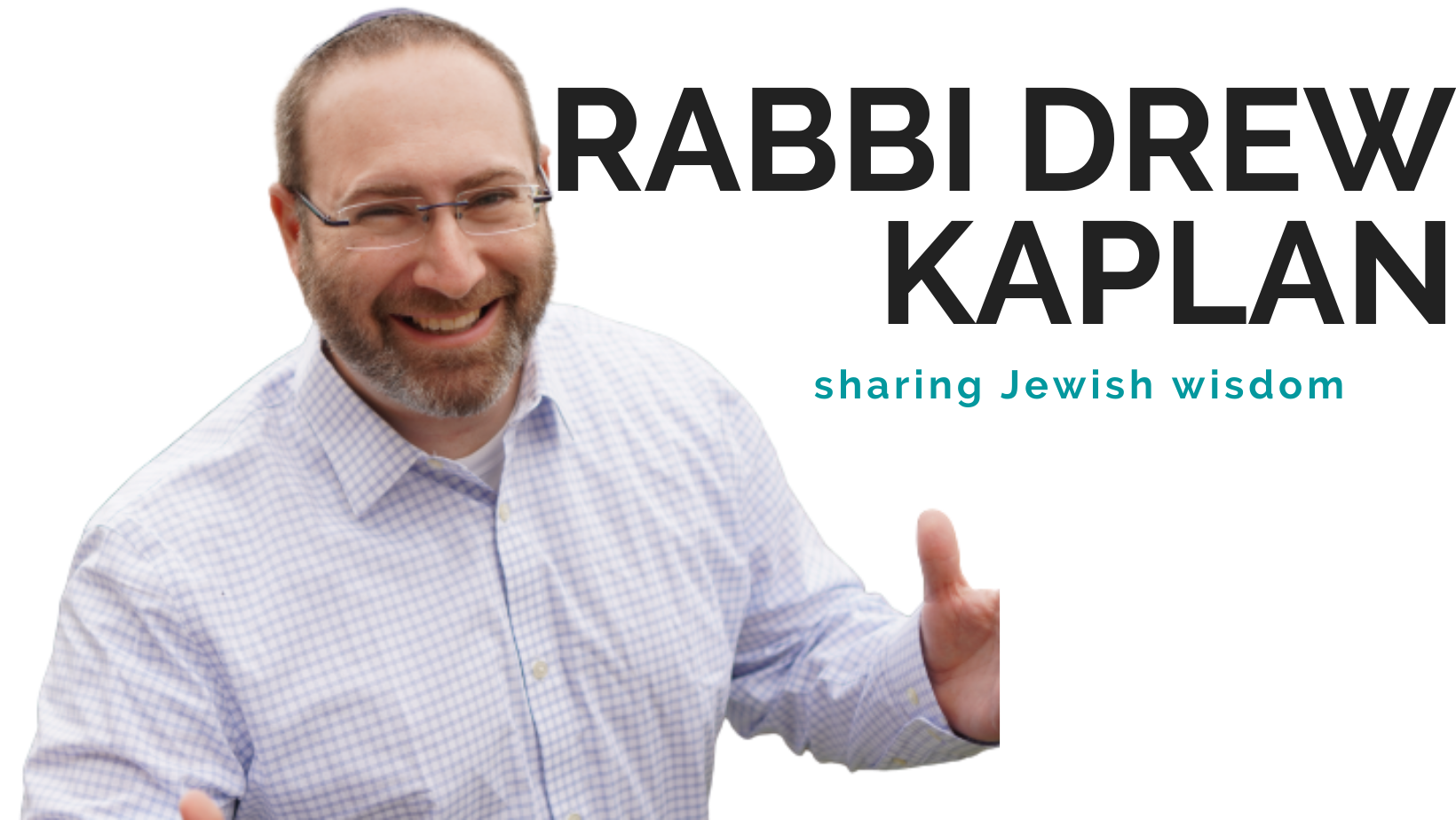 As one of the rabbis who have participated in the Rabbis Without Borders fellowship, I was initially saddened when I read Rabbi Rebecca Sirbu’s “A Time for Bold Action: Redefining the Metrics of Jewish Life” which appeared the other day on eJewishPhilanthropy, in which she wrote that there will not be a new cohort of Rabbis Without Borders (RWB) fellows next year. When I was in RWB two years ago, I greatly enjoyed it and am glad that there is a visionary program devoted to developing the rabbinate and think it has a great potential for helping make rabbis become more nimble in sharing Judaism and Jewish tradition. I also want others to be able to experience the program and to also be shaped and to develop their rabbinate thereby and, by closing it off next year, this move, unfortunately, prevents colleagues in partaking in the fellowship. This is especially evident in Rabbi Sirbu’s reporting of 100+ applicants for only 21 spots – there is a very high demand for this great program.
As one of the rabbis who have participated in the Rabbis Without Borders fellowship, I was initially saddened when I read Rabbi Rebecca Sirbu’s “A Time for Bold Action: Redefining the Metrics of Jewish Life” which appeared the other day on eJewishPhilanthropy, in which she wrote that there will not be a new cohort of Rabbis Without Borders (RWB) fellows next year. When I was in RWB two years ago, I greatly enjoyed it and am glad that there is a visionary program devoted to developing the rabbinate and think it has a great potential for helping make rabbis become more nimble in sharing Judaism and Jewish tradition. I also want others to be able to experience the program and to also be shaped and to develop their rabbinate thereby and, by closing it off next year, this move, unfortunately, prevents colleagues in partaking in the fellowship. This is especially evident in Rabbi Sirbu’s reporting of 100+ applicants for only 21 spots – there is a very high demand for this great program.
Indeed, I am part of the “over ninety percent of the rabbis” who have gone through the fellowship and, as a result of my experience, “report that they have the tools to make Judaism more meaningful and accessible to a larger population, have increased their audiences, and have enhanced people’s connection to Jewish life.” Furthermore, I agree with Rabbi Sirbu’s assessment that “the results have been powerful”, which only makes this move a it wondrous.
However, since the aim of RWB is to “help rabbis stay ahead of the curve of American Jewish life and lead us in to the future”, it is interesting that Rabbi Sirbu writes that RWB needs “to gain more information about how and why people use Jewish traditions”, therefore
During the 2014-2015 academic year, instead of soliciting a new fellowship cohort of rabbis, we will devote considerable resources toward meeting with our alumni and their communities and exploring ways they experience Jewish rituals, teaching, and wisdom in their lives. We want to collect data that will give us a better understanding of the motivations and challenges of practicing Judaism today. What is working for people and why is it working? What does it mean for something to “work?” We intend to gather and study critical information Jewish leaders need now in order to prepare for the future.
In a way, despite being saddened that an entire cohort will miss out on this opportunity, nevertheless, I think it is a great idea to draw upon the “strong network of rabbinic alumni from which to draw such information” about developing the program. Since RWB has “trained 103 rabbis and 68 rabbinical students”, that means there are many opinions (consider the famous adage that in a conversation, two Jews will have three opinions) that will emerge, but it should be fascinating to see how RWB develops and morphs. I will certainly provide my input!
There was something that was a bit unclear in Rabbi Sirbu’s piece that I would to read about in fuller detail. The subtitle is “Redefining the Metrics of Jewish Life”, yet Rabbi Sirbu neither describes what those metrics are, nor does she describe how they will be measured. As someone who enjoys metrics as a potentially great tool for use in the Jewish community, I am very curious to read/hear about them. However, in a follow-up communication with her, she indicated that they will be greatly driven by qualitative data (of which I’m an advocate/fan), which should be awesome. I’m very much looking forward to this development, as well 🙂
